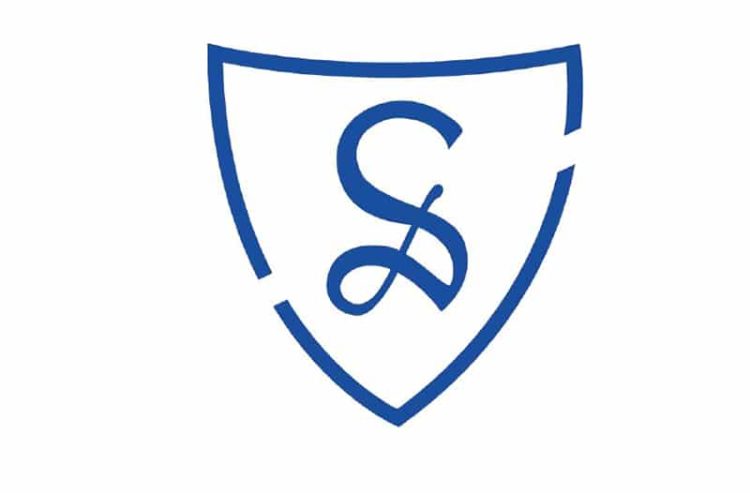by Mike Knaak
news@thenewsleaders.com
In its search for the district’s next superintendent, the Sartell-St. Stephen school board selected a slate of six candidates from a pool of 18 applicants during a special meeting March 1.
The six candidates will each be interviewed for one hour starting at 5 p.m. on Tuesday, March 2, and Wednesday, March 3. The meetings take place at Sartell High School.
At the end of the March 3 meeting, the board is expected to select three finalists for all-day interviews on Monday, March 8, Wednesday, March 10, and Thursday March 11.
The board hopes to hire a new superintendent by mid March. Current Superintendent Jeff Schwiebert announced in December that he intends to retire on June 30 after seven years in the district.
The six candidates in alphabetical order are:
-Janell Bullard, executive director of the Meeker, Wright Special Education Cooperative.
-Kevin Enerson, superintendent of Pipestone school district.
-Greg Johnson, superintendent of Albany school district.
-Kay Nelson, assistant superintendent of Sartell-St. Stephen schools.
-Jeffery Ridlehoover, assistant superintendent of Mounds View school district.
-Kristine Wehrkamp, executive director of Community Education at Robbinsdale schools.
The original pool included 18 applicants compiled by search consultants School Exec Connect. Of the 18, 13 were from Minnesota and the group included 14 men and four women.
“For the first time in 50 to 60 searches, every person who started an application finished it,” said Bob Ostlund of the search firm, indicating “they are serious about Sartell. It’s an excellent field.”
School Exec Connect vetted the candidates against a profile developed during interviews and focus groups throughout the district during January and by calling references.
Ostlund said applicants for open positions are down right now and other searches School Exec Connect conducted this year produced 12 to 13 applicants.
“It’s an interesting time right now,” Ostlund said. “We’ve found the number of applicants is down from what we typically receive.” He suspects the response is pandemic-related and that the same thing happened during the Great Recession.




